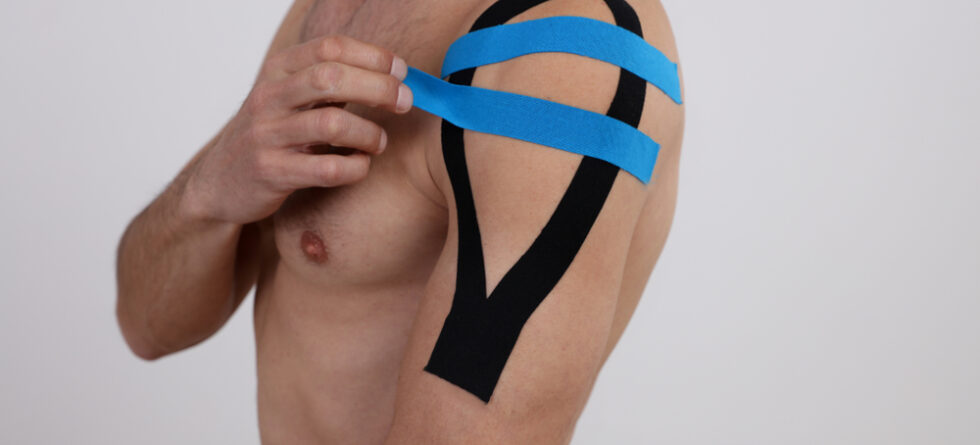Yes, in some cases, a rotator cuff tear can heal without surgery, especially for smaller tears or partial-thickness tears. The likelihood of non-surgical healing depends on various factors, including the size and location of the tear, the individual’s age and overall health, and the severity of symptoms.
Here are some factors to consider…
- Size of the Tear – Smaller tears or partial-thickness tears may have a better chance of healing without surgery compared to larger, full-thickness tears. Non-surgical treatment approaches may include rest, activity modification, physical therapy, and anti-inflammatory medications to reduce pain and inflammation.
- Location of the Tear – Tears located in the outer, more vascularized portion of the rotator cuff (known as the “critical zone”) may have a greater potential for healing without surgery due to better blood supply and healing capacity.
- Symptoms and Function – If the tear is causing significant pain, weakness, and functional limitations that do not improve with conservative treatment, surgery may be recommended to address the underlying structural damage and restore function.
- Patient Factors – Age, overall health, and activity level can influence the likelihood of successful non-surgical healing. Younger, healthier individuals with less demanding physical activities may have a better chance of healing without surgery compared to older adults with comorbidities or high physical demands.
- Compliance with Rehabilitation – Consistent participation in a structured physical therapy program is necessary for maximizing the potential for non-surgical healing. Physical therapy exercises can help strengthen the muscles around the shoulder joint, improve range of motion, and promote healing of the rotator cuff tendon.
It’s necessary for individuals with a rotator cuff tear to consult with a healthcare professional, such as an orthopedic surgeon or physical therapist, to determine the most appropriate treatment approach based on their specific circumstances. While surgery may be necessary for some rotator cuff tears, many individuals can achieve satisfactory outcomes with non-surgical treatments, particularly if the tear is small and symptoms are manageable.




